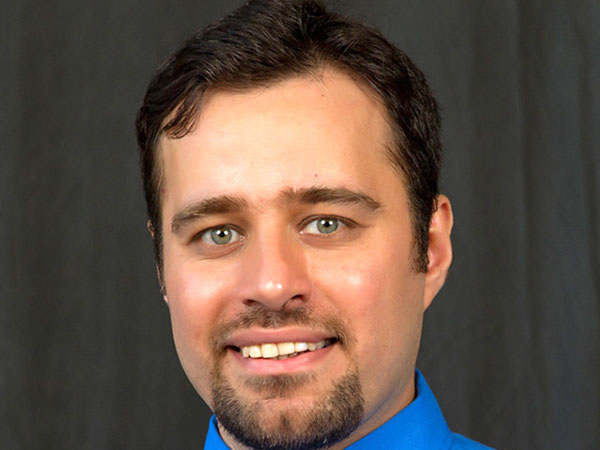A researcher at Florida Tech has received a three-year, $200,627 research grant from the National Science Foundation to explore the use of nature’s technology in creating materials through additive manufacturing.
Assistant Professor of Aerospace Engineering, Mirmilad Mirsayar, aims to study crack propagation in functionally graded cellular structures Inspired by the circular vessels in palm tree trunks. The cellular patterns in the trunks allow the trees to withstand strong winds, and are also found in butterfly wings, bone, honeycombs, and marine sponges.

“Understanding the interaction between the cell grading pattern across the space and the material anisotropy – imposed by additive manufacturing due to the layer-by-layer fabrication of the specimens – and incorporating such effects in mathematical modeling of fracture and structural optimization is one of the most important objectives of this research,” said Mirsayar.
“While having broad engineering applications, the mathematics and physics behind this work are complex and at the fundamental level, which is one of the reasons that the NSF was interested in this project.I need to come up with how the topology and morphology, which is the cell configuration, the geometry of the cell, across the space can functionally change to get the optimized property for maximizing the fracture resistance.”
By understanding the mechanics and physics of these natural structures, Mirsayar aims to optimize the strength and lightness of materials with cellular structures, like aircraft wings and artificial bones, under various operational loading conditions.
Come and let us know your thoughts on our Facebook, Twitter, and LinkedIn pages, and don’t forget to sign up for our weekly additive manufacturing newsletter to get all the latest stories delivered right to your inbox.









